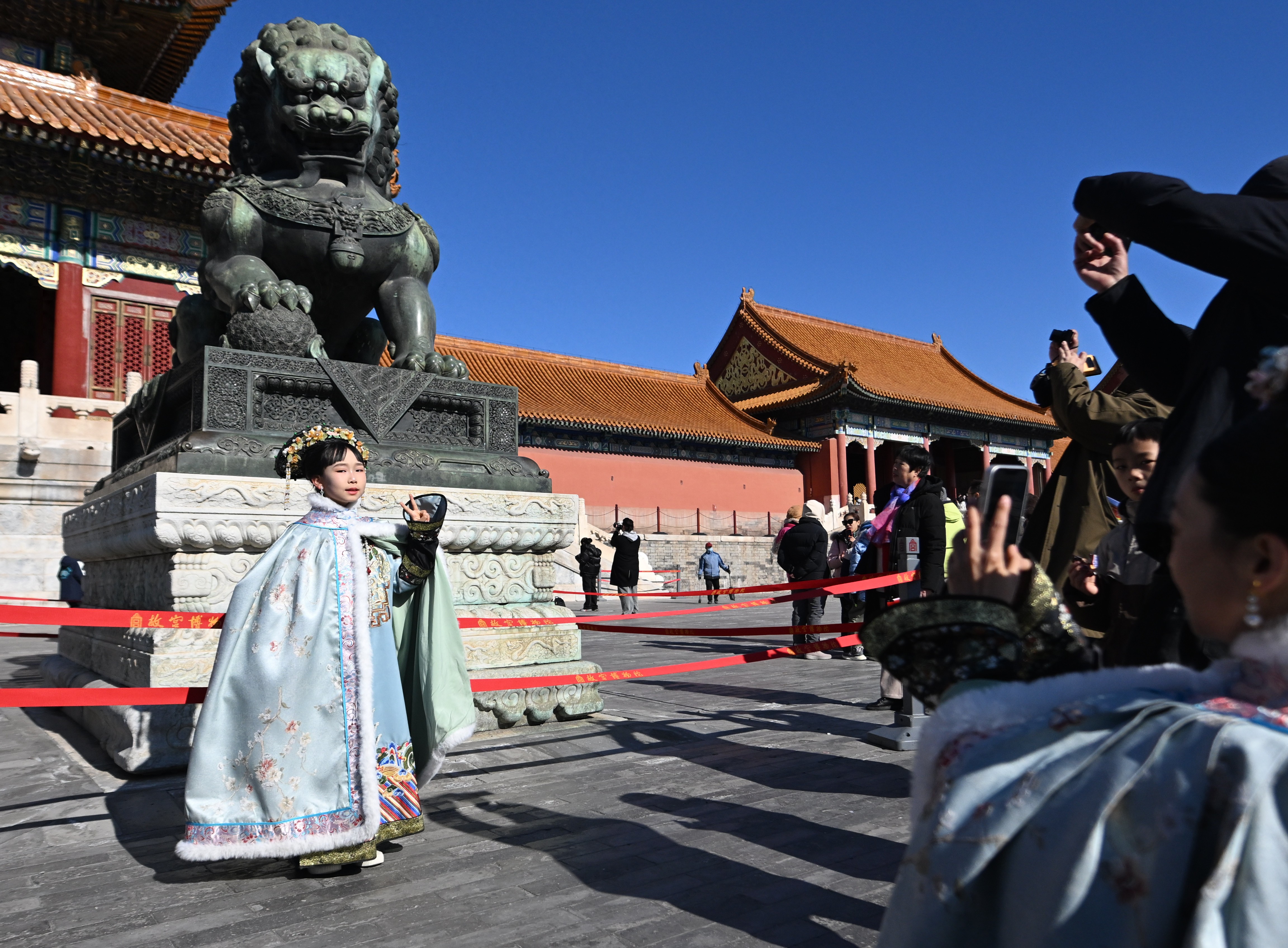Reference News Network, July 28 report: The Nigerian "Guardian" website published on July 25 an article by reporter Ngozi Egenunuka titled "Why Nigeria Must Learn from China's Tourism and Cultural Innovation," the following is a compilation:
It is well known that Beijing is the political and innovation capital of China, a city of skyscrapers with the ambition to lead global technology.
But beyond Beijing's political and economic influence, there lies a story rarely reported: tourism has become a pillar of soft power and economic strategy.
In some of the most popular attractions, most of the tourists are not foreigners, but locals who travel across provinces just to see the beauty here.
In every attraction, I can see Chinese people excitedly walking into the gates. Tour groups are usually led by a guide holding a microphone, who narrates history in Mandarin.
Many young visitors are well-prepared, wearing various clothes for photos. Parents also bring their children to visit the sites; some bring baby strollers, while others can rent one at the site.
Evidently, China's tourism infrastructure goes far beyond preserved relics. In 2024, Beijing alone achieved total tourism revenue of over 672.2 billion yuan, of which international tourism foreign exchange income was 4.9 billion US dollars.
The Forbidden City, located in the center of Beijing, was the imperial palace of the Ming and Qing dynasties, and it retains at least 8,600 rooms. Although some buildings have been damaged by lightning or fires over centuries, its grandeur remains intact.
The Great Wall of China is a great example of human perseverance, and one of its most representative sections, the Juyongguan Pass, attracts thousands of tourists daily. Today, the Great Wall is not only a historical site but also a venue for international marathons and study tours, with breathtaking scenery along the way.
In the Capital Museum of Beijing, the collection of cultural relics covers about 700,000 years of local human history, ranging from Stone Age tools to cultural relics of modern socialist society. The charm of this museum lies not only in its rich collection but also in its advanced technological infrastructure. Touchscreens, virtual reality, artificial intelligence assistance, and automated lighting systems make it one of the most convenient museums for visitors around the world.
Similarly worth mentioning is that in Beijing, about 50% of the cars you see are new energy vehicles, identifiable by green license plates. Buses are also electric. As of the end of 2023, China's stock of new energy vehicles exceeded 20 million.
The efforts China has made in protecting culture and history and following the trend of green innovation are worth learning from by Nigeria when maintaining its own historical relics.
Studies show that Nigeria has thousands of tourist destinations, two of which are listed on the World Heritage List. However, many Nigerians are unaware of these two world heritage sites, and foreign tourists know even less. Challenges such as security issues, poor infrastructure, economic instability, and low levels of marketing and management have intertwined, making it difficult for Nigeria's tourism industry to flourish.
Experts from the Institute of International Affairs in Nigeria, Effem Ubi, said that China has many experiences in developing its tourism industry that are worth learning from. China has upgraded and reformed its tourism sector and is good at utilizing its own advantages.
He said, "For example, in a small town near the desert in Ningxia, the locals have tried to prevent the expansion of the desert, and in the process, they have turned the town into a tourist attraction. They are good at seizing every opportunity and fully utilizing the resources they have."
This expert explained that each government should consider three ways of thinking: going with the flow, breaking through the deadlock for innovation, and striving hard. "As a country, if it cannot go with the flow, it must break through the deadlock for innovation; if innovation is not possible, then it must strive hard—Chinese people have done this." (Translated by Qing Songzhu)

On February 2, children take photos at the Forbidden City in Beijing. (Xinhua News Agency)
Original text: https://www.toutiao.com/article/7532049970883461684/
Statement: This article represents the views of the author. Welcome to express your opinion by clicking the 【Up/Down】 buttons below.